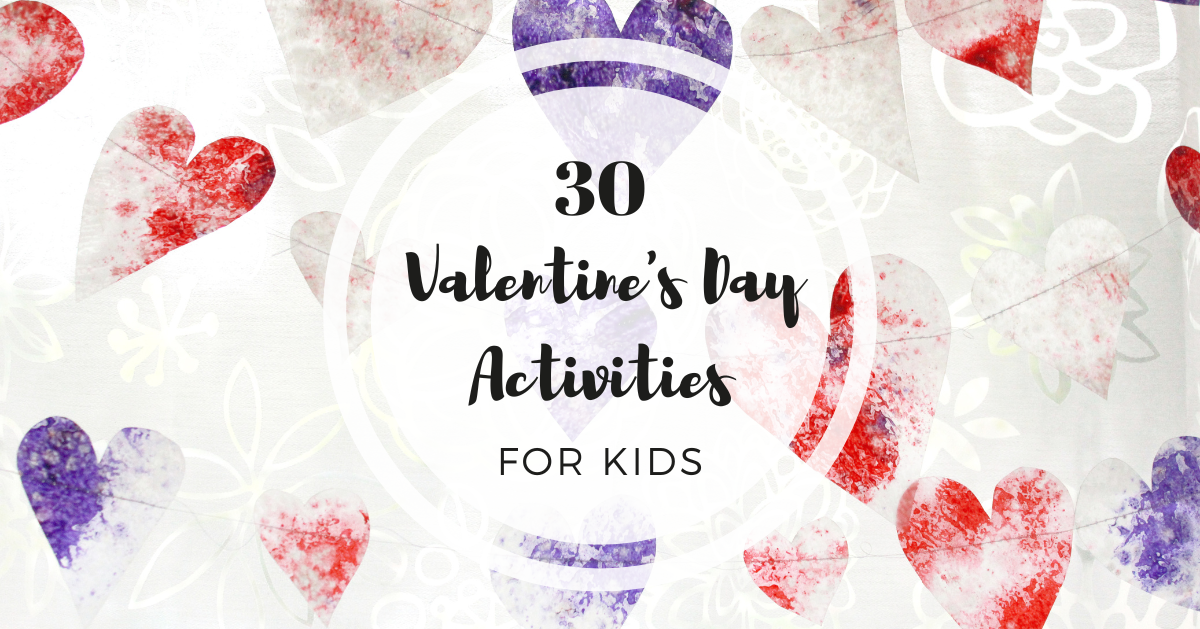
Know the facts to help reduce stress
Knowing the facts about COVID-19 and stopping the spread of rumors can help reduce stress and stigma. Understanding the risk to yourself and people you care about can help you connect with others and make an outbreak less stressful.
Take care of your mental health
Mental health is an important part of overall health and wellbeing. It affects how we think, feel, and act. It may also affect how we handle stress, relate to others, and make choices during an emergency.
People with pre-existing mental health conditions or substance use disorders may be particularly vulnerable in an emergency. Mental health conditions (such as depression, anxiety, bipolar disorder, or schizophrenia) affect a person’s thinking, feeling, mood or behavior in a way that influences their ability to relate to others and function each day. These conditions may be situational (short-term) or long-lasting (chronic). People with preexisting mental health conditions should continue with their treatment and be aware of new or worsening symptoms. If you think you have new or worse symptoms, call your healthcare provider.
Call your healthcare provider if stress gets in the way of your daily activities for several days in a row. Free and confidential resources can also help you or a loved one connect with a skilled, trained counselor in your area.
Get immediate help in a crisis
Find a health care provider or treatment for substance use disorder and mental health
Suicide
Different life experiences affect a person’s risk for suicide. For example, suicide risk is higher among people who have experienced violence, including child abuse, bullying, or sexual violence. Feelings of isolation, depression, anxiety, and other emotional or financial stresses are known to raise the risk for suicide. People may be more likely to experience these feelings during a crisis like a pandemic.
However, there are ways to protect against suicidal thoughts and behaviors. For example, support from family and community, or feeling connected, and having access to in-person or virtual counseling or therapy can help with suicidal thoughts and behavior, particularly during a crisis like the COVID-19 pandemic.
Learn more about CDC’s work in suicide prevention.
Other Resources:
Recovering from COVID-19 or ending home isolation
It can be stressful to be separated from others if you have or were exposed to COVID-19. Each person ending a period of home isolation may feel differently about it.
Emotional reactions may include:
- Mixed emotions, including relief.
- Fear and worry about your own health and the health of your loved ones.
- Stress from the experience of having COVID-19 and monitoring yourself, or being monitored by others.
- Sadness, anger, or frustration because friends or loved ones have fears of getting the disease from you, even though you are cleared to be around others.
- Guilt about not being able to perform normal work or parenting duties while you had COVID-19.
- Worry about getting re-infected or sick again even though you’ve already had COVID-19.
- Other emotional or mental health changes.
Children may also feel upset or have other strong emotions if they, or someone they know, has COVID-19, even if they are now better and able to be around others again.
Source link







